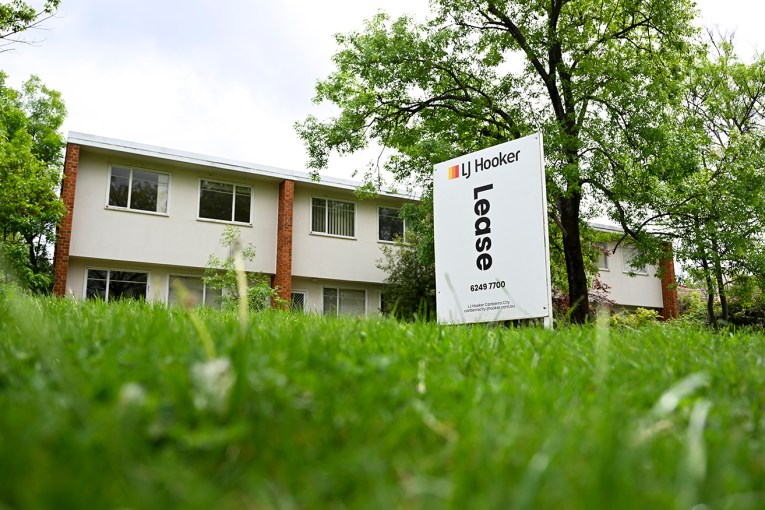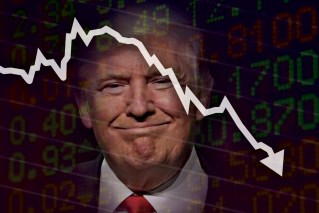The shift to solitary living is massively inflating property prices


Otherwise, the solitary living trend will push up prices and worsen urban sprawl. Photo: Getty
Australians increasingly choose to live alone, and this huge demographic shift is going to push up prices and sprawl our cities further into the fringe unless we accept higher density living.
According to the Victorian government, by 2025 up to 51 per cent of Melbourne households will be ‘no child households’.
‘No child households’ are those that are pre-child, post-child or have no intention of ever having children.
The numbers are similar for all of Australia’s major cities, although slightly lower in Sydney as it attracts a slightly higher percentage of families.
Worst still, the fastest growing segment of the Australian housing market is the single person household. Single person households may reach 44 per cent of all major city households by 2035.
What does this mean for communities and for housing prices?
According to the Grattan Institute, 84 per cent of Melbourne’s housing stock is made up of detached or semi-detached family homes. Only 16 per cent of the housing stock is aimed at non-family residences.
By 2025, 51 per cent of our population could be in non-family units with only 16 per cent of our housing stock aimed at this demographic.
There will be a shortage of non-family medium and higher density living with people forced to bid for family homes leaving bedrooms empty. Fewer people will live in each housing unit, putting massive upward pressure on housing prices.
As the average number of people per household shrinks we will need more residences for the same amount of population. If we do not radically increase density then these new houses will continue to be built on our urban-fringed farm land.
It is not just me calling for a re-think on planning demographics. Reserve Bank governor Philip Lowe, speaking in Brisbane earlier this year, identified “the choices we have made as a society regarding where and how we live … urban planning and transport” as significant impacting factors on property prices.
Property, like all markets, is impacted by changes to both supply and demand. While demand can be impacted by a range of economic factors, supply is restricted by planning rules and the availability of land, as well as economic factors.
Some people think all will be okay with housing supply as they think Australia’s housing density has increased. But this is not true. Whilst the last decade has seen an uptick in density, a longer-term view tells a very different story.
Inner city suburbs, prior to ‘gentrification’, used to house one, two and sometimes three families per house. Now days the inner city houses often have just one, two or three people.
Melbourne, for example, has seen a huge drop in its density from 20.3 people per hectare in 1960 to around 14.9 people per hectare today.
This change in demographics means that, even if our population stays the same, our cities don’t grow ‘up’ then they must grow ‘out’.
This decreasing density is eating up farmland on the urban fringe and putting huge strain on infrastructure spending as the cost per person per kilometre of infrastructure sky rockets.
It is dangerous and will continue even if the population remained exactly the same – let alone if we continue to grow our it.
As single person households age and get ill, will we see more horror stories of people falling ill or dying at home and remaining undiscovered for days or weeks as ‘friends’ wonder why they have not been online?
With decreasing family sizes, growing numbers of childless households and growing numbers of single person households, our housing supply is becoming more out of sync with our housing demand.
The result will be increased pressure on housing prices.
Andrew MacLeod is a visiting professor to Kings College London, a non-executive director to Australian and US companies, a former high level UN official and past CEO of the Committee for Melbourne. Humanitarian, author and speaker he can be followed on @AndrewMMacLeod.








